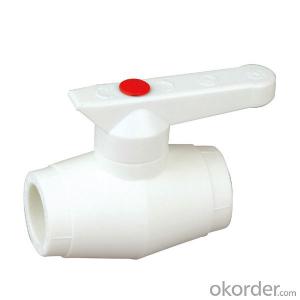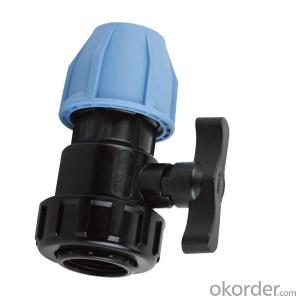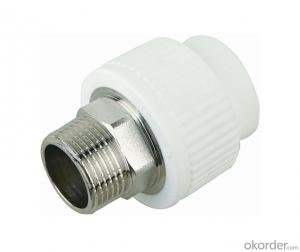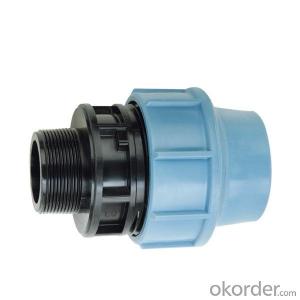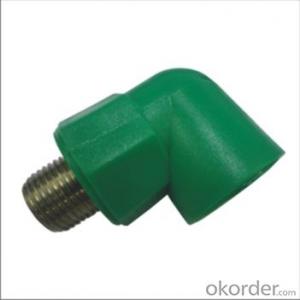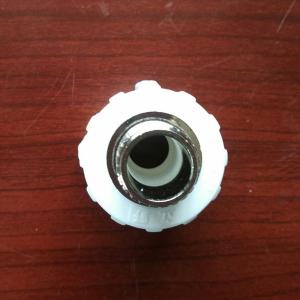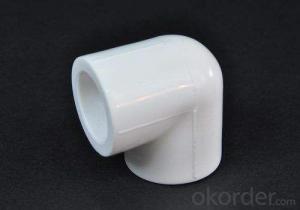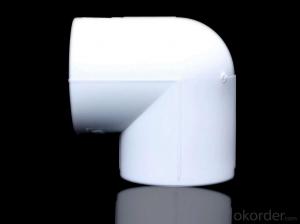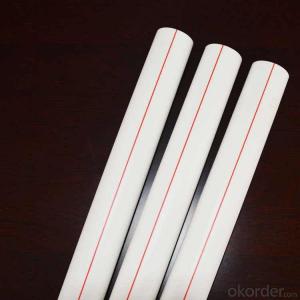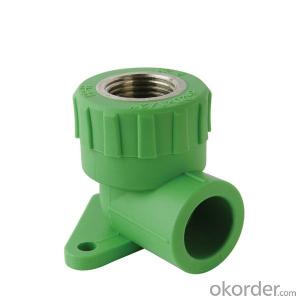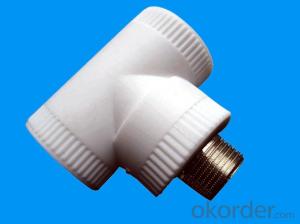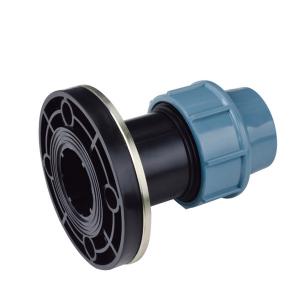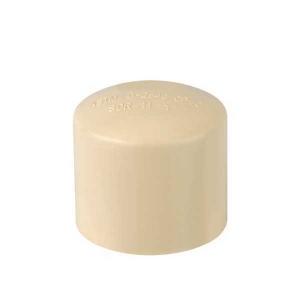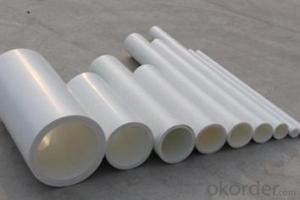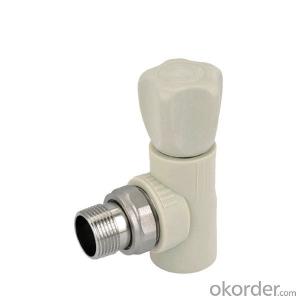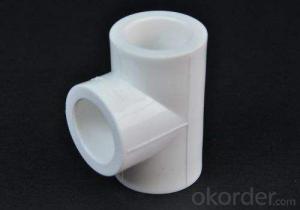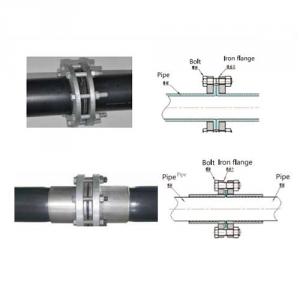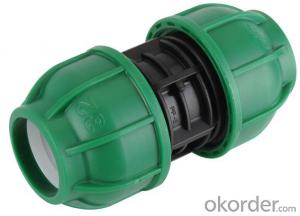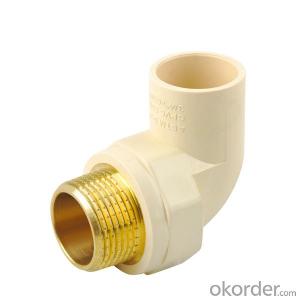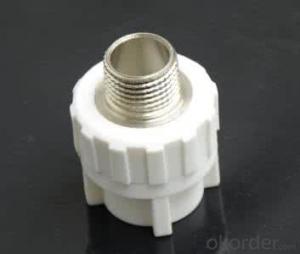All Categories
- - Steel Wire Rod
- - Steel Coils
- - Steel Profiles
- - Steel Pipes
- - Stainless Steel
- - Tinplate
- - Special Steel
- - Steel Sheets
- - Steel Rebars
- - Steel Strips
- - Hot Rolled Steel
- - Cold Rolled Steel
- - Pre-painted Steel
- - Seamless Steel Pipe
- - Welded Steel Pipe
- - Hollow Steel Tubes
- - Galvanized Pipe
- - Stainless Steel Coil
- - Stainless Steel Sheet
- - Stainless Steel Plate
- - Stainless Steel Strips
- - Electrolytic Tinplate Coil
- - Electrolytic Tinplate Sheet
- - Stainless Steel Rebars
- - Solar Panels
- - Solar Water Heater
- - Solar Related Products
- - Solar Inverter
- - Solar Cells
- - Solar Light
- - Solar Energy Systems
- - Solar Controllers
- - Solar Mounting System
- - Solar Pump
- - Solar Chargers
- - Fiberglass Chopped Strand
- - Fiberglass Mesh Cloth
- - Composite Pipes
- - FRP Pultrusion Profiles
- - Fiberglass Mat Tissue
- - Fiberglass Fabrics
- - Fiberglass Mesh
- - Composite Tank
- - Fiberglass Mesh tape
- - Polymer
- - FRP Roofing Panel
- - Fiberglass Roving
- - Monolithic Refractories
- - Ceramic Fiber Products
- - Refractory Bricks
- - Raw Materials For Refractory
- - Suspended Platform
- - Cranes
- - Concrete Machinery
- - Earthmoving Machinery
- - Building Hoist
- - Road Building Machinery
- - Plastic Pipe Fittings
- - Plastic Tubes
- - Plastic Sheets
- - Agricultural Plastic Products
- - Plastic Nets
 All Categories
All Categories
Q & A
Are plastic pipe fittings resistant to groundwater contamination?
Yes, plastic pipe fittings are generally resistant to groundwater contamination. Plastic materials such as PVC (Polyvinyl Chloride) or HDPE (High-Density Polyethylene) used in these fittings have low permeability, meaning they do not easily allow water or contaminants to pass through. This property makes plastic pipe fittings a reliable choice for preventing groundwater contamination.
How do plastic pipe fittings differ from PVC fittings?
Plastic pipe fittings are a broader category that includes various types of fittings made from different types of plastic materials. On the other hand, PVC fittings specifically refer to fittings made from polyvinyl chloride (PVC) material. PVC fittings are a type of plastic pipe fitting, but not all plastic pipe fittings are made from PVC.
How do I ensure proper sealing at the joints of plastic pipe fittings?
To ensure proper sealing at the joints of plastic pipe fittings, it is important to follow these steps:
1. Clean the pipe and fitting surfaces: Use a clean cloth or brush to remove any dirt, debris, or grease from the pipe and fitting surfaces. This will help improve the adhesion and sealing of the joint.
2. Apply pipe joint compound or thread seal tape: Apply a thin layer of pipe joint compound or wrap thread seal tape clockwise around the male threads of the fitting. This will help create a tight seal and prevent leaks.
3. Tighten the fittings properly: Use a wrench or pliers to tighten the fittings firmly, but avoid overtightening them as it can damage the threads or cause the plastic pipe to crack. Follow the manufacturer's recommendations for tightening torque.
4. Inspect for leaks: After connecting the fittings, turn on the water or fluid supply and inspect the joints for any signs of leakage. If any leaks are detected, tighten the fittings a little more or consider using additional sealing materials.
By following these steps, you can ensure proper sealing at the joints of plastic pipe fittings, preventing leaks and promoting a reliable plumbing system.
Are plastic pipe fittings suitable for water desalination plants?
Yes, plastic pipe fittings are suitable for water desalination plants. Plastic fittings offer several advantages for these plants, including resistance to corrosion, chemical compatibility, and ease of installation. They are also lightweight and cost-effective, making them a popular choice in the desalination industry.
Wholesale Plastic Pipe Fittings from supplier in Egypt
Whether you are in need of PVC, HDPE, or PP pipe fittings, we have you covered. Our team of experts can assist you in selecting the right products for your applications, ensuring optimal performance and durability. We understand the importance of timely delivery and strive to provide efficient logistics solutions to meet your project timelines.
In addition to our sales and supply services, we offer comprehensive technical support to our customers. Our knowledgeable team can provide guidance on installation, maintenance, and troubleshooting, ensuring that your plastic pipe fittings are installed and used correctly.
As a subsidiary of CNBM, we have access to a vast network of suppliers and manufacturers, allowing us to source high-quality products at competitive prices. Our strong relationships with leading brands in the industry ensure that we can deliver reliable and certified plastic pipe fittings to meet your standards.
We take pride in our commitment to customer satisfaction and strive to build long-term partnerships with our clients. Our dedicated customer service team is available to assist you throughout the procurement process, from initial inquiries to after-sales support.
Contact us today to discuss your plastic pipe fittings requirements in Egypt. We look forward to serving you and providing you with the best solutions for your projects.
In addition to our sales and supply services, we offer comprehensive technical support to our customers. Our knowledgeable team can provide guidance on installation, maintenance, and troubleshooting, ensuring that your plastic pipe fittings are installed and used correctly.
As a subsidiary of CNBM, we have access to a vast network of suppliers and manufacturers, allowing us to source high-quality products at competitive prices. Our strong relationships with leading brands in the industry ensure that we can deliver reliable and certified plastic pipe fittings to meet your standards.
We take pride in our commitment to customer satisfaction and strive to build long-term partnerships with our clients. Our dedicated customer service team is available to assist you throughout the procurement process, from initial inquiries to after-sales support.
Contact us today to discuss your plastic pipe fittings requirements in Egypt. We look forward to serving you and providing you with the best solutions for your projects.
Hot Search
- Plastic Pipe Fittings in Luxembourg
- Plastic Tubes in Tajikistan
- Plastic Sheets in Mauritius
- Agricultural Plastic Products in Azerbaijan
- Plastic Nets in Panama
- Plastic Tubes in Honduras
- Plastic Pipe Fittings in Chad
- Agricultural Plastic Products in Kazakhstan
- Plastic Nets in Spain
- Plastic Pipe Fittings in Palestine
